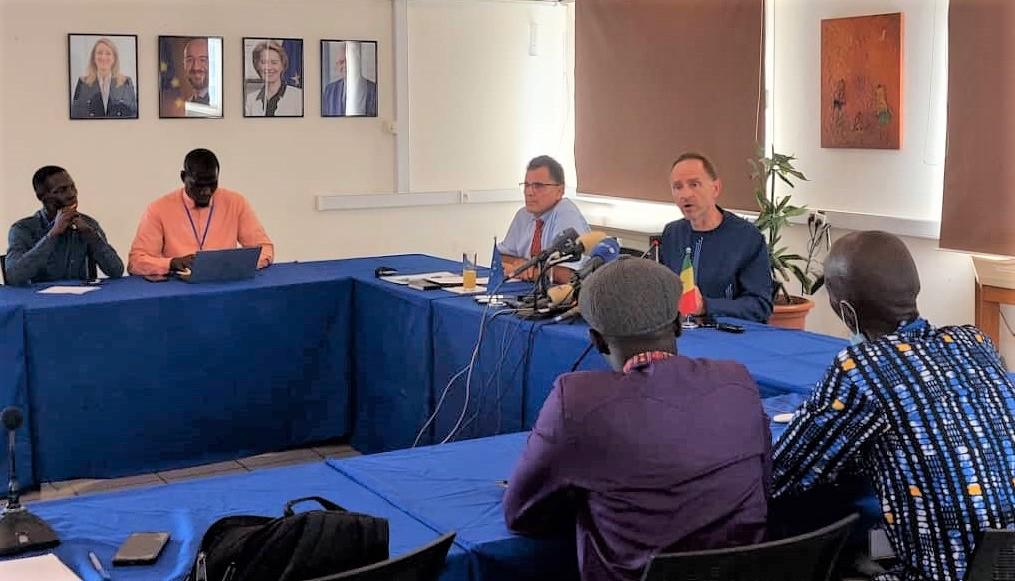Expiry of the protocol implementing the fisheries agreement between Senegal and the European Union

On 27 May 2024, the European Commission pre-identified Senegal as a non-cooperating country in the fight against IUU fishing. This decision is in line with the EU's zero tolerance policy on IUU fishing and follows several years of discussions with the Senegalese authorities. In the interests of political coherence, the European Commission has adopted the principle of suspending any renewal of a protocol implementing a fisheries partnership agreement with a coastal State until this decision is withdrawn.
A formal dialogue between the Senegalese and European authorities on IUU fishing issues has opened, with the aim of resolving the problems identified. Pending a favourable development, the fisheries agreement between the EU and Senegal will not be renewed. European vessels will therefore have to leave Senegalese waters when the protocol expires on 17 November, and Senegal will no longer receive any financial contribution under the fisheries agreement.
The absence of a fisheries protocol between the EU and Senegal is not a first. Between 2006 and 2014, the agreement was in fact stopped, allowing both parties to assess and renegotiate the conditions. The meeting of the Joint Commission in Brussels on 5 and 6 November allowed Senegal and the EU to have constructive discussions. The partners agreed to use this period of non-renewal to assess the results obtained under the current agreement. The EU remains ready to support Senegal in its efforts to combat IUU fishing and to help it address the shortcomings identified.
The European Commission takes note of the commitments of the new Senegalese Government to address the weaknesses in the control and traceability system for the fisheries sector and products, and remains available to support and assist Senegal in these efforts.
Context
The partnership between Senegal and the EU in the field of fisheries dates back to the early 1980s. Over the last five-year period (2019-2024), it has contributed €8.5 million to the Senegalese state budget, or more than 5.5 billion CFA francs, to which are added the royalties paid by shipowners. An envelope of €900,000 per year (590 million CFA francs) has been allocated to the implementation of projects chosen by the Senegalese administration to support the development of the fisheries sector and its governance, including the surveillance and scientific research necessary for the preservation of fish stocks. Over this five-year period, the catches of the European fleet in Senegalese waters represent less than 1% of the total catches declared and made by all fleets in Senegalese waters, or nearly 10,000 tonnes of fish. These catches, targeting only tuna and black hake, were made in Senegalese waters beyond 12 nautical miles from the coast, thus avoiding interference with the activities of Senegalese artisanal fishing.
For more information :
Accord de partenariat de pêche durable avec le Sénégal (en anglais)
Protocole de mise en œuvre de l’accord pour la période 2019-2024
